Yes, PTFE (Polytetrafluoroethylene) is an excellent electrical insulator. This high-performance polymer is widely recognized for its outstanding dielectric properties, making it ideal for applications that require electrical insulation. PTFE’s unique molecular structure contributes to its ability to resist electrical conductivity and maintain stable performance in various electrical environments.
1. Dielectric Strength
PTFE possesses a high dielectric strength, meaning it can withstand high voltages without breaking down or allowing electrical current to pass through. This makes PTFE a valuable material in electrical and electronic components, particularly in situations where insulation is required between conductive parts to prevent short circuits or electrical failures.
2. Low Electrical Conductivity
PTFE has an extremely low electrical conductivity, which is one of its most important properties as an insulator. It prevents the flow of electrical currents, ensuring that energy is directed only through the desired pathways in electronic devices, wires, and cables. This makes it ideal for use in insulation coatings for wires and cables, where it prevents unintended current flow.
3. Thermal Stability
Along with its excellent insulating properties, PTFE also exhibits superior thermal stability. It remains stable and insulating even at high temperatures, making it suitable for electrical applications in extreme heat environments. PTFE’s ability to maintain its insulating properties in both high and low-temperature conditions is one of the key factors contributing to its widespread use in electrical systems.
4. Applications in Electrical Industries
PTFE is commonly used in the manufacturing of electrical cables, connectors, circuit boards, and insulators for high-frequency applications. Its exceptional insulating properties ensure that electrical systems remain safe and efficient, preventing energy loss and reducing the risk of electrical faults.

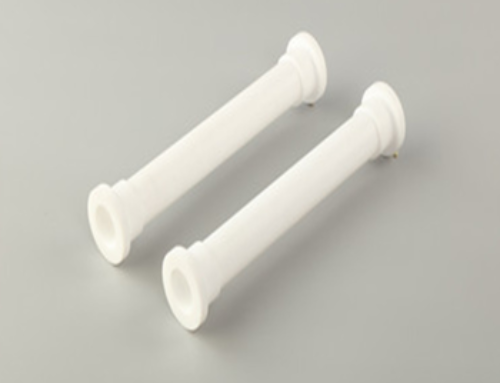
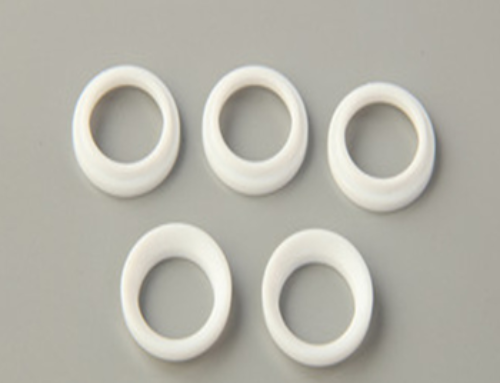
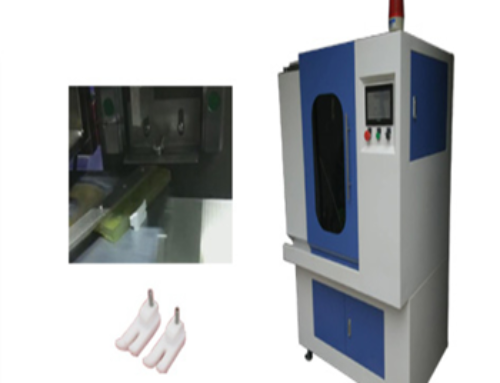
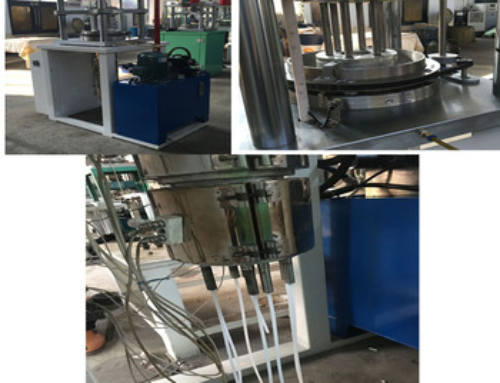
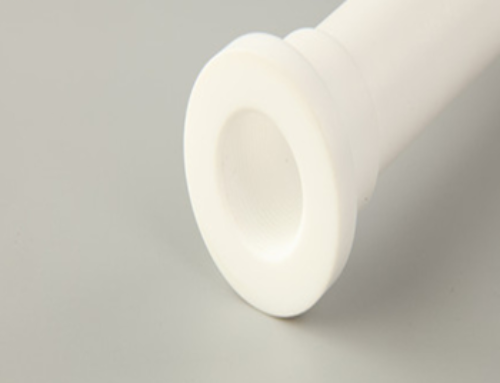

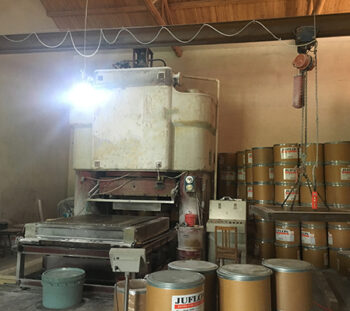
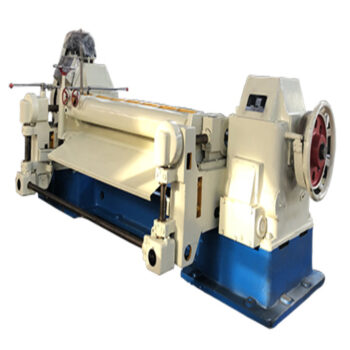
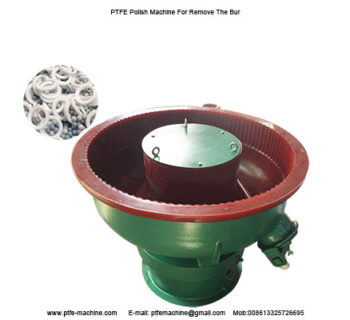
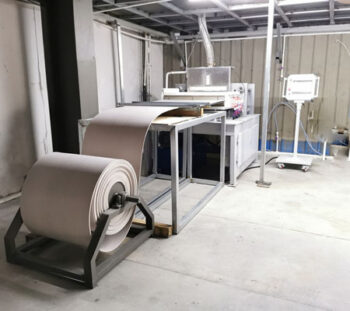
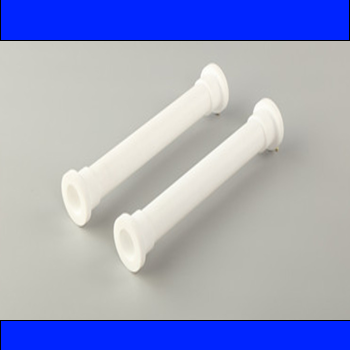

Leave A Comment
You must be logged in to post a comment.